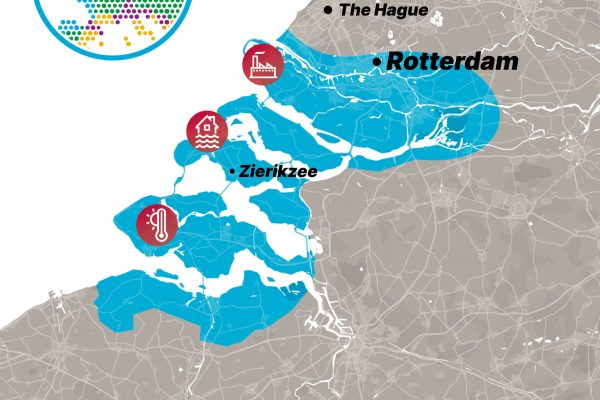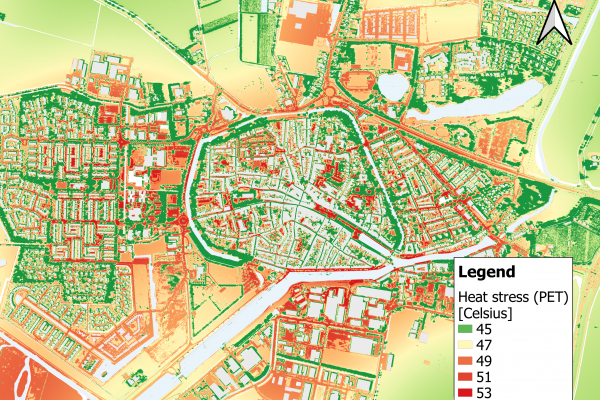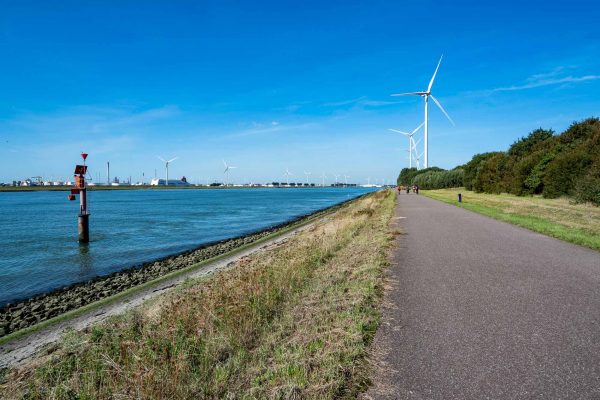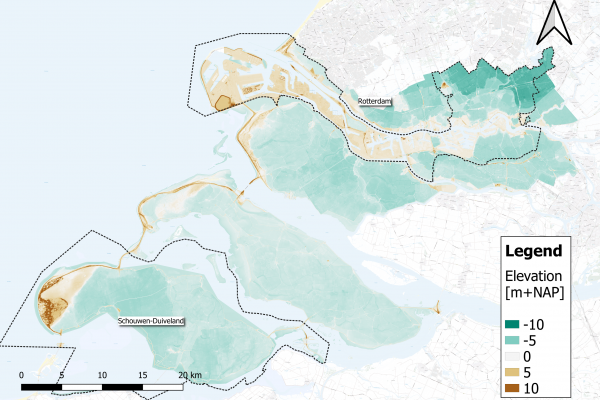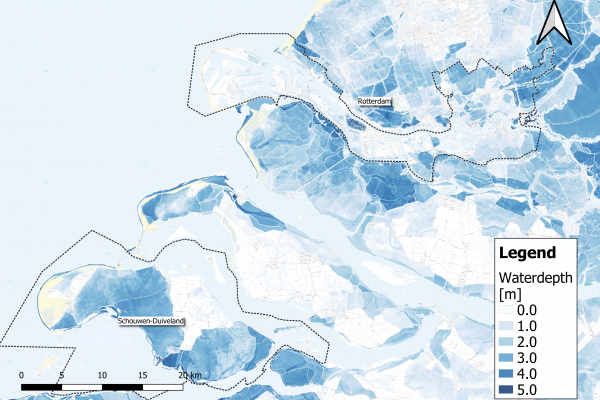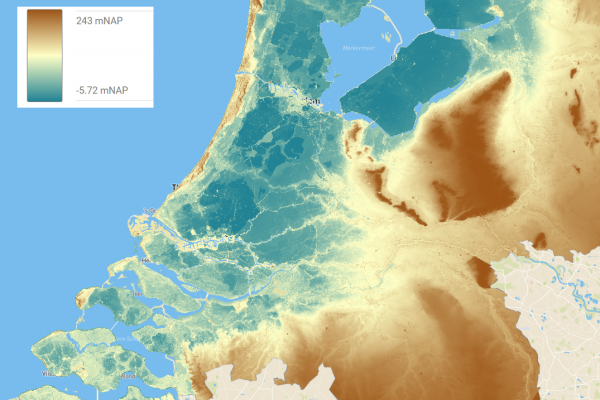After introducing the climate challenges in Greece and other countries in the Mediterranean, with Professor Christos Makropoulos from the National Technical University of Athens we take a closer look at the potential of resilience tools like the “Hotspot Explorer” – a climate vulnerability assessment tool that can support proactive measures to mitigate climate risks.
Athens as a case study for cities and communities across the Mediterranean
Athens, with its unique geographical setting and dense urban environment, faces significant climate challenges that require urgent attention. As Prof. Christos Makropoulos explains, the city’s proximity to mountains creates a boundary where the urban and natural environments intersect, leading to heightened stresses. These challenges are exacerbated by the region’s vulnerability, characterized by hot Mediterranean climate, water scarcity, and limited green spaces.
IMPETUS Project partners are working hard to ameliorate the situation for this Greek region, especially in light of historical catastrophes like forest fires and urban floods. While these events are not solely attributed to climate change, they underscore the need for improved urban planning, disaster resilience, and decision-making processes. With the anticipation of harsher stresses in the future, adaptation and resilience become paramount.
Identifying climate vulnerabilities – the IMPETUS Hotspot Explorer
One of key solutions driven by IMPETUS partners activities in Greece is the “Hot-spot Identification and Prioritisation Service” – also know as the “Hotspot Explorer”. Developed by the National Technical University of Athens, it is an innovative mapping tool designed to identify climate hotspots within urban areas and beyond. This interactive map integrates earth observation data, climatic information, and local socio-economic factors to prioritize areas requiring immediate attention. By pinpointing critical issues and vulnerabilities, policymakers and stakeholders can initiate targeted interventions for meaningful change.
Identifying climate hotspots involves a nuanced approach that considers both environmental stresses and societal vulnerabilities. The Hotspot Explorer bridges this gap by matching climate data with local adaptation capacities, ensuring a holistic understanding of each area’s resilience needs. This comprehensive assessment enables informed decision-making and proactive measures to mitigate climate risks.
A tool to monitor climate changes across Europe and foster cooperation
As climate challenges persist, initiatives like IMPETUS, which fall under the scope of the EU Mission: Adaptation to Climate Change, aim to inspire communities to embrace adaptation and innovation in the fight against climate change. While Athens faces unique challenges, by leveraging cutting-edge technologies like the Hotspot Explorer, the project offers a climate resilience model that can be applied to similar urban environments across the Mediterranean and beyond.
By fostering collaboration between government policymakers, technological innovators, and academic institutions, IMPETUS aims to drive policy initiatives and technological advancements hand in hand. This synergy holds the potential to create tangible impacts, paving the way for a more resilient and sustainable future.
*The Hotspot Explorer is currently in an initial beta version, with a major update expected in September 2024.


